Introduction
Maintaining strong, healthy teeth isn’t just about brushing and flossing. It’s also about what you eat. Emerging research highlights the role of a whole food plant-based (WFPB) diet in supporting the natural remineralization of tooth enamel. By focusing on nutrient-rich, minimally processed plant foods, you can create an oral environment that promotes enamel repair and overall dental health.
⸻
Understanding Tooth Remineralization
Tooth enamel undergoes a continuous cycle of demineralization and remineralization. Acids from foods and bacterial activity can deplete minerals like calcium and phosphate from enamel, leading to demineralization. Conversely, remineralization restores these minerals, strengthening enamel and preventing decay. Saliva plays a crucial role in this process by delivering essential minerals and maintaining a neutral pH in the mouth.
⸻
The Impact of pH on Oral Health
The pH level in your mouth significantly influences enamel health. A pH below 5.5 can lead to enamel erosion. Consuming alkaline-forming foods helps neutralize acids, fostering an environment conducive to remineralization. Many plant-based foods, such as leafy greens, nuts, and legumes, are alkaline-forming and support a balanced oral pH.
⸻
Plant-Based Sources of Calcium and Phosphorus
Calcium and phosphorus are vital for enamel strength. While dairy is a common source, numerous plant-based foods also provide these minerals:
1. Leafy Greens (Kale, Spinach, Collard Greens):
Rich in calcium, magnesium, and vitamin K, leafy greens are powerhouses for strong bones and teeth. They support enamel by replenishing key minerals.
2. Nuts and Seeds (Sesame Seeds, Almonds, Chia):
These are excellent sources of calcium and phosphorus, both essential for enamel repair. Chia seeds also contain omega-3s, which support gum health.
3. Sweet Potatoes and Carrots:
These vibrant root vegetables are high in vitamin A, which supports the production of enamel-forming proteins and strengthens the mucous membranes of your gums.
4. Whole Grains (Quinoa, Brown Rice, Oats):
Whole grains provide B-vitamins and trace minerals like magnesium and zinc that contribute to a balanced internal system and healthy oral tissues.
5. Seaweed and Algae:
These ocean-based superfoods are high in calcium, iodine, and magnesium, minerals that are important for enamel and overall oral resilience.
⸻
Lifestyle Tips to Support Remineralization Naturally
• Rinse your mouth with water after eating acidic foods to help neutralize pH.
• Limit snacking between meals to give your saliva time to restore pH balance.
• Chew fibrous vegetables to stimulate saliva production, which naturally helps remineralize enamel.
• Avoid sugary, processed snacks that feed acid-producing bacteria.
⸻
Conclusion: A Plant-Based Smile Is a Strong Smile
Whole food plant-based eating isn’t just good for your body. It’s great for your teeth, too. By choosing mineral-rich, pH-balancing foods, you’re giving your smile the nutrients it needs to repair and stay strong naturally. As a dentist, I’m here to remind you: food is not just fuel. It’s functional medicine for your mouth.


